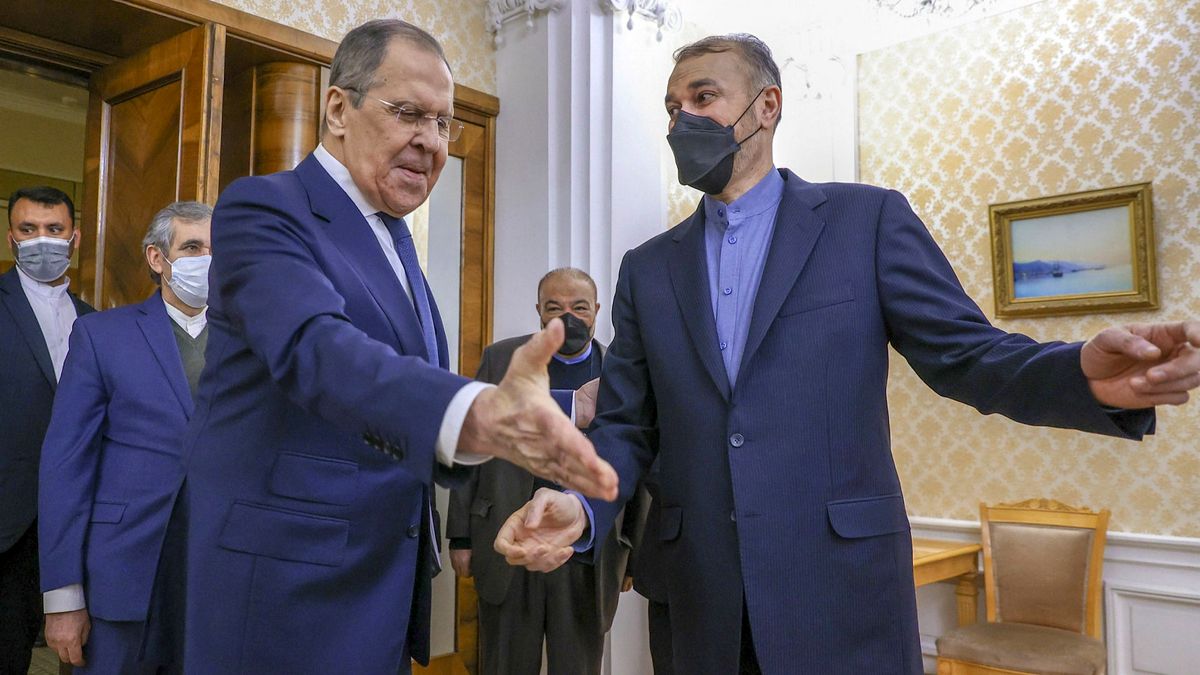Following the collapse of the former Soviet Union, the trend of relations between Europe and Russia led to the formation of mutual distrust between the parties. After the Cold War ended, NATO as it believed, carried out its regional security approach based on the concept of democratic peace and pursued its policy on NATO expansion Eastward on this very basis.
On the other side, with its negative attitude to the situation, Russia considered it as an expansionist policy. The feeling was clearly understandable from the remarks made by Moscow authorities. In 1995, Andrei Kozyrev, the then Foreign Minister of Russia called the NATO expansion trend in line with Russia containment policy. Russians believe if the alliance between Russia with countries like Mexico, Venezuela and Cuba is acceptable to the U.S., then Moscow can also accept NATO expansion towards its borders.
But despite Kremlin’s criticizes, NATO expansion towards Russian borders was a continuous trend. The issue that coupled with serious concerns of Russians showed itself first in Ukraine crisis of 2014 and then Ukraine war in 2022.
Ukraine war is considered to be the culmination of mutual distrust of both sides. Russian military invasion opened a new chapter in European history; in a way that marginalized all perspectives based on cooperation and interaction between Europe and Russia. The war made Europeans aware of fragile security situation in the (green) continent too, in the meantime, it showed the European countries that any kind of dependence on Moscow such as in energy field could bring so many negative consequences to them.
Moreover, it created the understanding among European leaders that inaction against Russian policies in Ukraine could lead to the repetition of the country’s measure against other European countries too. Consequently, standing against Russia’s demands and making effort to foil Kremlin’s measures turned to become a vital and, of course, a prestigious issue for Europe.
From the outbreak of war, Europe started to put its weight behind supporting policies to Ukraine, and extended these supports to various political – diplomatic and military fields. Even NATO members went beyond and signaled their green light to accession of new members such as Finland and Sweden. Along with these measures, reduction of dependence on Russian energy has also been put into the agenda of European countries. Among alternative sources of energy supply are considered to be the Middle East, Azerbaijan, Venezuela, or the U.S. and also alternative sources of supply for fossil fuels and in the meantime, agreement on reduction of consumption are among the important efforts made by Europe in this respect.
Yet, the effect of these developments were not and will not be confined to Europe. Continuity of war caused other regions like the Middle East to be in the limelight of both parties, i.e. Russia and European countries. For example, any effort to find alternative sources of energy supply will be influential in the present approach of Europe towards the Middle East. Despite human rights criticisms against him, the visit of Bin Salman to France reflects the realistic calculations of European countries. Probably, energy is among the factors that had made Europe revive JCPOA in order to let the energy from Iran open its ways to global markets in future. However, non-revival of JCPOA will cause Europe to be in unison with the U.S. against Iran and to act more steadfastly and more integrated than ever in the past. Moreover, seriousness of Russian threat which has so far revealed European reliance on the U.S. more than ever in the past, will made European countries to stand by the U.S. not only in Europe but also in other challenges of the West including Iran and China.
To conclude, it should be mentioned that although the gap between the East and the West will create some challenges for Tehran too, yet, it is necessary to adopt a realistic and interest-based policy to take strategic concessions from both sides. Moreover, paying attention to the foreign policy of some opposing and criticizing countries to the West’s policies such as China during the Ukraine crisis shows that despite verbal supports extended to Russia, China has avoided entering into war in support of Russia. Even economic relations between Moscow and Beijing has been overshadowed to a large extent, despite purchase of cheap energy from Russia.
In another word, China has the concern not be depicted as one side of the war or as irresponsible big power. In such a situation, the Islamic Republic of Iran should also act vigilantly and properly according to situations and strategy of each activist.
Characteristics and Strategic Consequences of Iran’s Historic Response to Zionist Regime
Strategic Council Online—Opinion: There are two different views about the Islamic Republic of Iran’s missile attacks against the Zionist regime. The first view is based on a superficial reading and a reductionist description that evaluates it as a low-impact and not-so-extensive operation. The second view, a realistic reading, sees Iran’s response as opening a new page of “balance of power” and “turning point” in regional equations, the effects and consequences of which will gradually emerge.










0 Comments